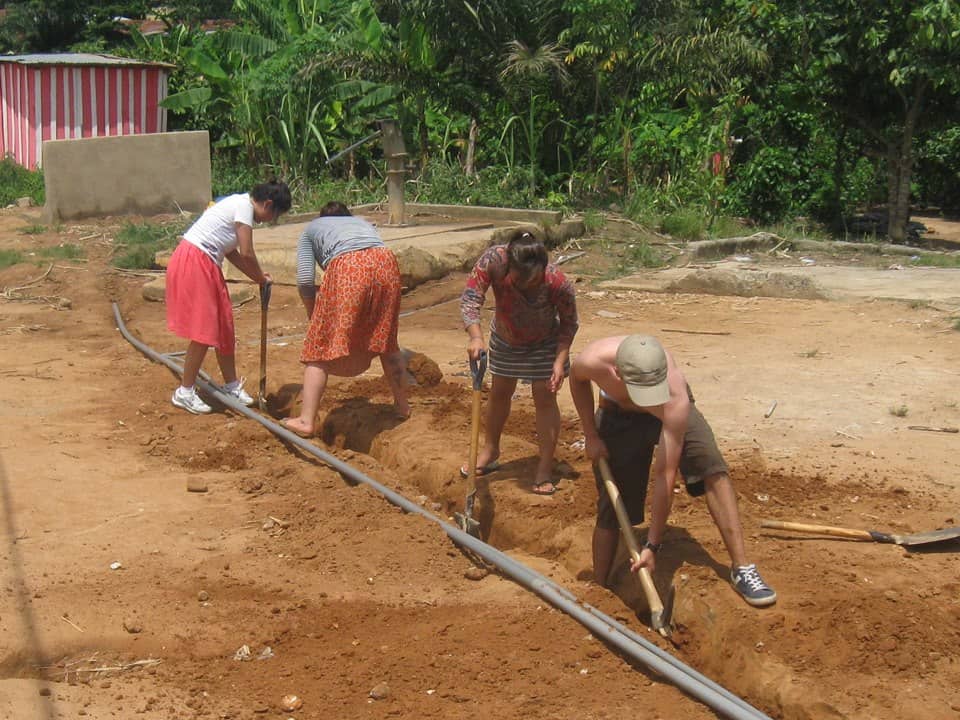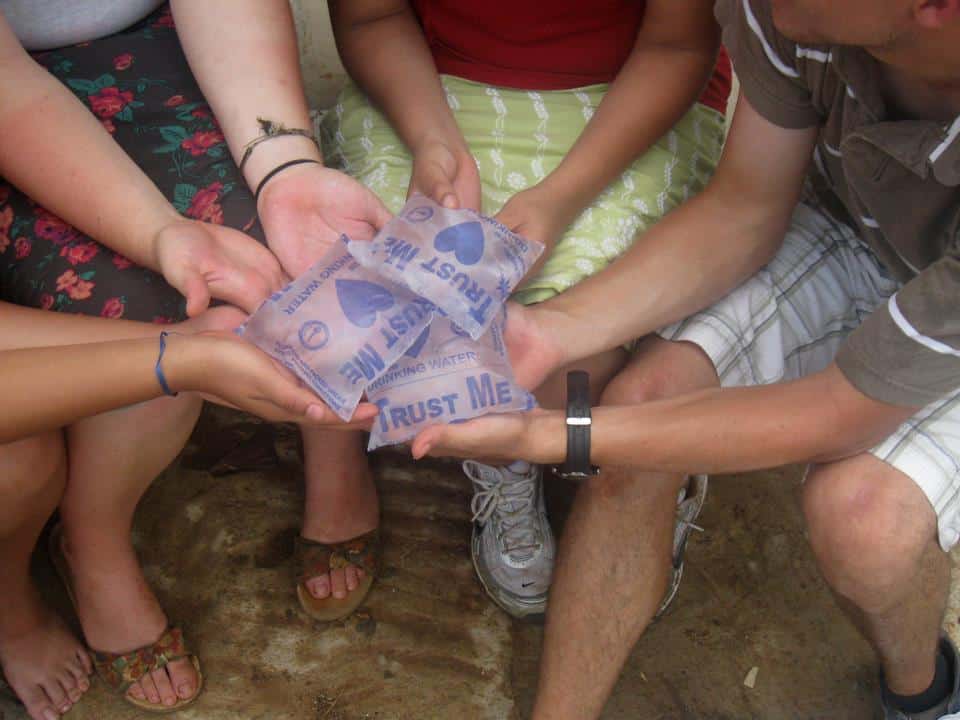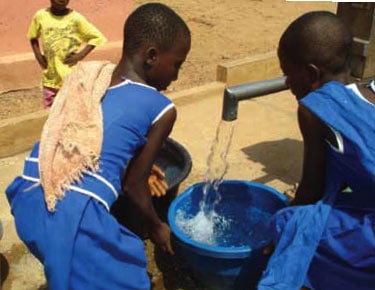 The Projects for Underserved Communities (PUC) engages social work students to work alongside engineering students in developing and implementing international community development projects. It is the first project of its kind in social work education, and it was recognized in 2012 with an honorable mention in competition for the CSWE/SAGE Award for Innovative Teaching.
The Projects for Underserved Communities (PUC) engages social work students to work alongside engineering students in developing and implementing international community development projects. It is the first project of its kind in social work education, and it was recognized in 2012 with an honorable mention in competition for the CSWE/SAGE Award for Innovative Teaching.
Dr. Janet Ellzey, professor of Mechanical Engineering and Vice Provost for International Programs at UT Austin, and Dr. James O’Connor, a professor in the Department of Civil, Architectural and Environmental Engineering, started PUC in 2009 at Cockrell School of Engineering as a course to help students develop engineering design and leadership skills while providing services to global communities in need.
In 2010, the engineering professors teamed up with Dr. Dorie Gilbert from the School of Social Work to expand the program to include social work students, who would assist with community engagement and social impact research.
PUC is implemented throughout three semesters. In the fall, during the Project Assessment Phase, students evaluate prospective projects for feasibility, risk, impact and sustainability. Engineering and social work students take an engineering class together, which provides formal instruction on the above-mentioned areas. In the spring, during the Concept Selection and Design Phase, students focus on concept selection, design and fundraising for the approved projects. They also may lead reconnaissance trips to the communities. Engineering students take a technical design course while social work students take a course focused on community development. Finally, in the summer, during the Project Implementation Phase, team members travel to their international destinations to implement engineering projects with the help of community members and professional volunteers.
 Through PUC, students worked in 2010 on water and sanitation projects in Patriensa, Ghana, and Santa Cruz, Peru. After the implementation of these projects, more than 1,175 children in the two communities obtained access to clean drinking water. Over two summers, from 2011 to 2012, students restored a building, developed a bagged (sachet) water production social enterprise, and introduced sawdust stoves as sustainable fuel source in Patriensa, Ghana. Social work student Danielle Goldfarb captured the team’s work in a video.
Through PUC, students worked in 2010 on water and sanitation projects in Patriensa, Ghana, and Santa Cruz, Peru. After the implementation of these projects, more than 1,175 children in the two communities obtained access to clean drinking water. Over two summers, from 2011 to 2012, students restored a building, developed a bagged (sachet) water production social enterprise, and introduced sawdust stoves as sustainable fuel source in Patriensa, Ghana. Social work student Danielle Goldfarb captured the team’s work in a video.
Future projects in Papua New Guinea, Mozambique and Kenyasi, Ghana, are now under consideration.
As part of the engineering collaboration, the School’s Institute for Community Development: U.S. and Abroad helps to identify communities in need and contributes to the sustainability of PUC projects, in some cases by placing social work interns in locations where PUC engineering projects are implemented.
Social work students play an important role in the identification, development and implementation of these projects by bringing in social work concepts and theories, such as the person-in-environment perspective and the importance of social and economic justice. At the same time, PUC is a great opportunity for social work students to build on their skills in community organizing, leadership development and project management.
Tim Bailey, a recent MSSW graduate who participated in PUC, had this to say about the opportunity:
“Participation in this program prepared me to be competitive when entering the field of international development immediately following graduation. The knowledge and skills I gained from working with communities in Ghana prepared me to manage health, education, water, and micro-finance grant funded projects across Ethiopia in my current position as Integrated Community Development Programs Coordinator at A Glimmer of Hope, an Austin-based family foundation.”
Currently, PUC is recruiting undergraduate and graduate social work students to be part of the teams for the 2013-14 academic year. For more information about joining PUC, see this presentation (Power Point) and contact PUC-SW GRA, Anoushaka Chandrashekar at anoushaka@utexas.edu.


